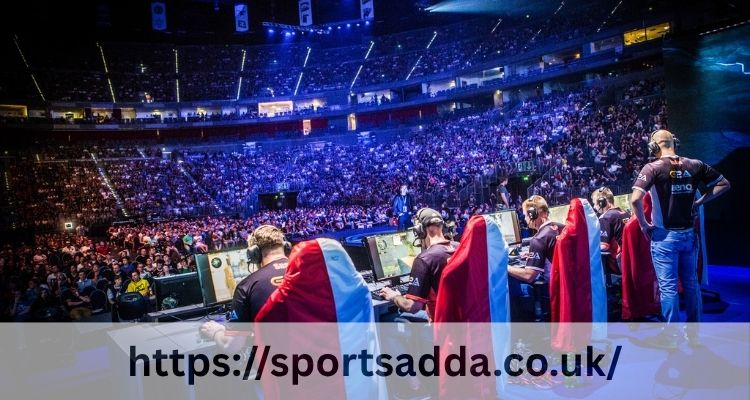Esports used to be a fringe pastime. Now it sits beside football, cricket and rugby on posters, schedules and broadcast deals. The shift feels sudden when you watch a tournament fill a stadium and then, minutes later, see the same match draw millions online. It’s an odd, exciting hybrid: part sport, part theatre, part social network.
Why it feels like sport
Competition is competition. Players train. Teams draft and scout. Coaches design strategies and study tape. Prize pools are real money and careers are at stake. Pro gamers wake up and grind. They diet, they practise, they travel. Sounds familiar, right? But the skillset is digital, the reflexes are pixel-precise, and the crowd often cheers through a chat window rather than a roar. That difference matters, but it doesn’t make the contest any less intense.
From packed arenas to streaming audiences, the global growth of esports betting shows that digital skill has become as respected as athletic ability.
What changed is scale. Platforms such as Twitch and YouTube make tournaments global in a heartbeat. Sponsors follow attention; advertisers pay for engaged viewers; broadcasters buy rights. Money flows and with it, infrastructure: dedicated arenas, franchised leagues, youth academies. This is professionalisation on a fast track.
Fan culture and the economics
Fans behave like fans everywhere — they chant, they adopt rivalries, they collect jerseys. Yet online communities add a new texture: memes, highlight clips, influencer co-streams. That’s valuable to brands because engagement here is measurable in ways stadium footfall never was. Gambling operators too see opportunity, offering markets that mirror traditional sport while incorporating micro-events: first blood, map winners, in-game stats. Regulation struggles to keep pace, which is a concern for anyone who wants sustainable growth.
The question of legitimacy
So, is esports sport? Some will insist on a sweat test or an Olympic-sized court. Others point to cognitive load, decision speed and team coordination as equally athletic demands. The debate is useful because it clarifies what competition really means for both camps. Is it physical dominance alone, or mastery demonstrated under pressure? Esports pushes us to expand the definition.
What’s next
Expect more crossover. Traditional clubs buy esports teams. Mobile titles bring millions from countries with little PC access. Tech like VR could introduce new dimensions where physical movement and virtual skill meet. Regulation will tighten; betting markets will mature; governing bodies may standardise rules. None of that negates the raw joy of watching a clutch play or a tactical masterclass — those moments translate, regardless of the medium.
Some parts of the industry will stumble. Oversaturation, shaky monetisation, and ethical lapses are real risks. But the resilience is there: communities keep returning, tournaments keep innovating, and players keep raising the bar.
If you’re sceptical, go watch a final with headphones on. You’ll feel the tension. You might laugh at the rituals. You’ll certainly see that competition — in its purest form — rewards preparation, adaptability and nerves. Esports proves that those qualities don’t require a pitch, a ball or a pair of cleats. They require focus, practice and courage.
What do you think? Have esports already earned equal footing with traditional sport, or is it still forging its case? Leave a comment below.


